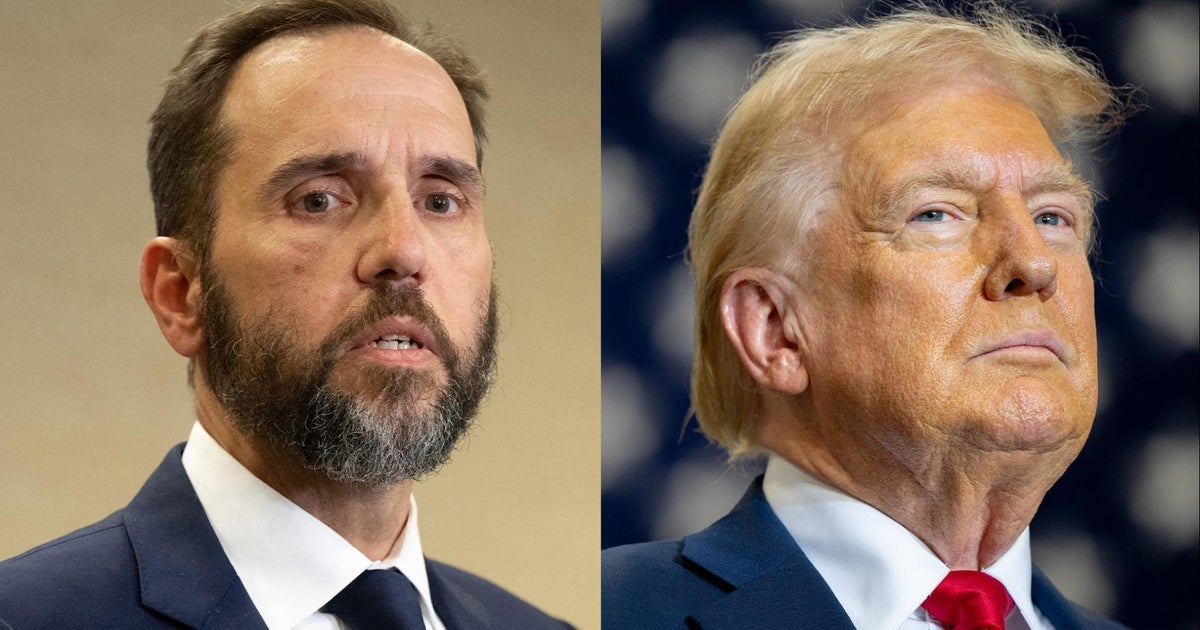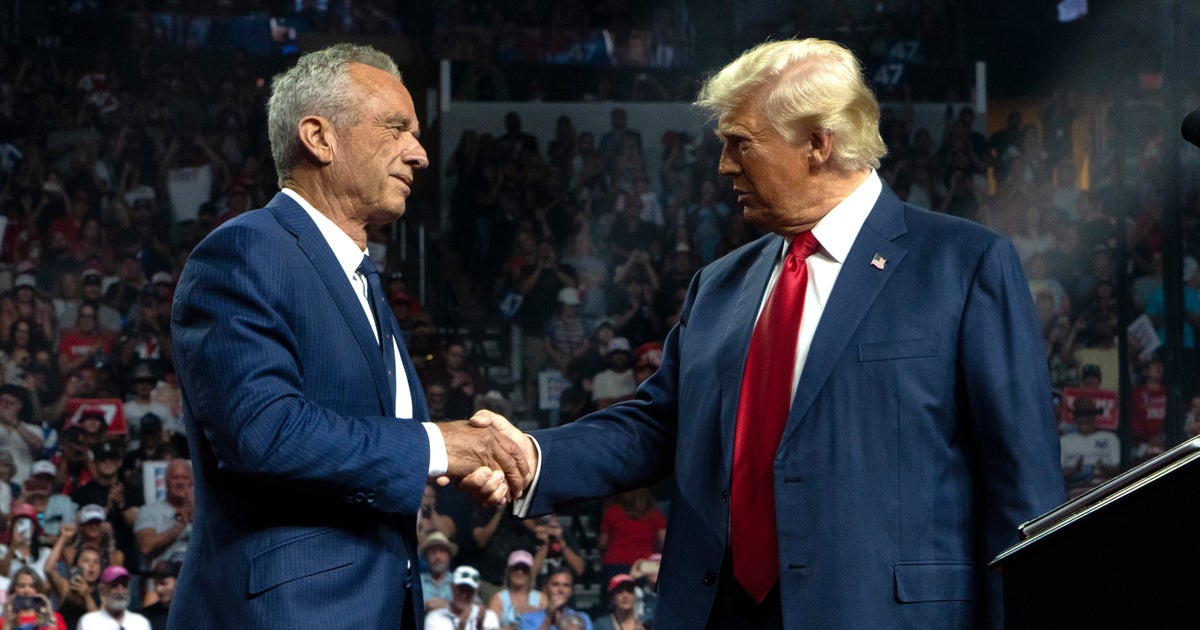Michigan sends all registered voters absentee ballot applications following days of controversy
All registered Michigan voters have been sent absentee ballot applications, the Michigan Secretary of State's Office announced Thursday night. The move comes after two days of national controversy in which President Trump threatened to withhold federal funding over the planned move.
"All people on the list of Michigan registered voters have been mailed an APPLICATION to vote by mail," read a bulletin from the Michigan Department of State.
Any Michigan voter was already able to vote by mail after 67% of voters approved a constitutional amendment in 2018 that allowed "no-excuse" absentee voting.
Michigan's Secretary of State Jocelyn Benson announced on Tuesday that she was going to send absentee ballot request forms to all registered Michigan voters for the August primary and November general elections. "By mailing applications, we have ensured that no Michigander has to choose between their health and their right to vote," Benson said in a statement.
The move was thrown into the national spotlight on Wednesday when President Trump, a vocal critic of expanding vote-by-mail, threatened to withhold federal money to Michigan over the move.
"Michigan sends absentee ballot applications to 7.7 million people ahead of Primaries and the General Election. This was done illegally and without authorization by a rogue Secretary of State. I will ask to hold up funding to Michigan if they want to go down this Voter Fraud path!" the president tweeted. An initial tweet by Mr. Trump mistakenly said Michigan would be sending ballots to voters, not just the applications.
While visiting Michigan on Thursday, the president did not say which federal money he was considering holding up. He repeated concerns about fraud from mail voting and said he wants "good, straight, honest voting."
"We don't want to have vote-by-mail," President Trump said during a roundtable with African American leaders before touring a Ford plant in Ypsilanti, Michigan. "If you're President of the United States and if you vote in Florida and you can't be there, you should be able to send in a ballot. If you're not well, you're feeling terrible, you're sick, you have a reasonable excuse, just a reasonable excuse, you should be able to vote by mail-in."
Some Republican secretaries of state have also mailed registered voters absentee ballot request applications, including Georgia and Iowa.
The bulletin from the Michigan Secretary of State's office informed voters that returned applications must be signed. In order for a voter to be sent a ballot, that signature must match a signature on file. Forging a signature is a crime, the announcement warned — but it noted that forgery is "rarely attempted."
"The mailing of applications by the government this election does not make it easier than usual to commit such a crime, as the applications are also mailed by both political parties and many other organizations ahead of most elections," the bulletin said.
While President Trump has repeatedly criticized the move, Republican National Committee Chair Ronna McDaniel told reporters on Monday, "I don't really have an issue with absentee ballot request forms being sent out to voters as much as ballots being sent directly to voters. I think the request form is one mechanism of ensuring that that voter is who they are as long as you keep those signature verification laws in place."
"We are really against, when people talk about mail in voting, the ballots being sent directly to people who may or may not want them or sent to all the registered voters," she added.
McDaniel, who was responding to a question about a lawsuit in Wisconsin that asked a judge to require the state to send absentee ballot request forms to all registered voters, said she wants that decision to come from state leaders and not from a court ruling.
The March presidential primary was the first statewide election in Michigan since voters were allowed to cast absentee ballots without needing a reason. In that election, 876,845 people voted absentee. That was nearly 38% of total votes cast and almost double the number of people who voted absentee during the 2016 presidential primary.



